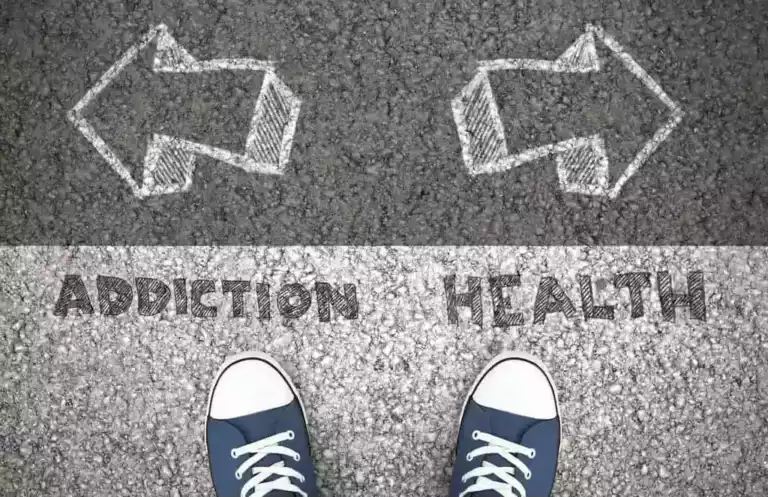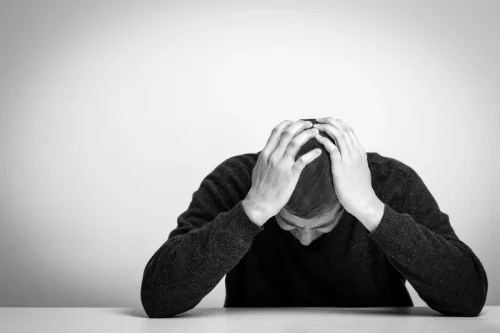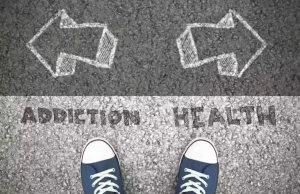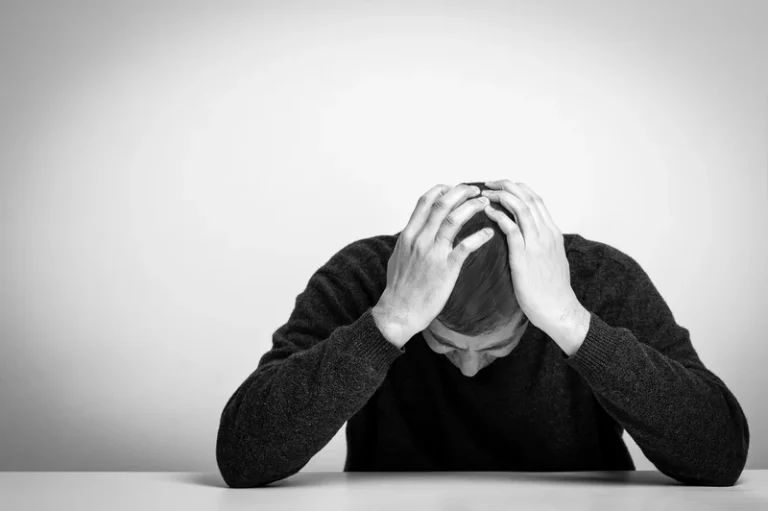If you find dead toads and the heads have a ‘caved in’ or ‘melted’ look then toad fly is the most likely explanation. Froglife has been working on the issue of amphibian disease in the UK for over 25 years. Sometimes Froglife receives reports of frogs (or other amphibians) that become noticeably bloated. The bloating is apparent all over body of the frog, rather that only the belly (which indicates the animal is carrying eggs or has a digestive problem). This unusual bloating is thought to be related to a hormonal imbalance which pulls water into the frog’s body causing it to swell. Symptoms often appear to subside over time but, again, a vet may be able to help by draining the fluid.
Diagnosing Toad Poisoning in Dogs
- If you notice any of these symptoms, it is best to consult a veterinarian specializing in exotic pets for a proper diagnosis and treatment.
- Toads are prone to various digestive problems, which can manifest in a variety of ways.
- This toxin is primarily found in specialized glands on the back of the toad’s head, extending down its back.
- It’s important to practice good hygiene and wash your hands after touching a toad to minimize any potential risks.
- Use a thermometer and hygrometer to monitor the temperature and humidity levels and adjust them accordingly.
A species of green-bottle fly lays its eggs on the head of a toad and, once the eggs hatch, the maggots will crawl up the toad’s nostrils and begin eating the soft tissue in the nose and head. This can cause them to make a ‘clucking’ noise as they try to breathe in air. This native parasite will, in most cases, ultimately lead to the toad’s death.
It is important to note that not all species of toads produce toxins that can transmit diseases through touch. For example, the American toad, also known as the Bufo americanus, is not known to produce toxins that can cause harm to predators upon contact. However, it is always a good idea to exercise caution when handling any wild animal, including toads, to avoid the risk of injury or disease transmission.
Bufo Toad Poisoning and Dogs: Symptoms and Prevention
When examining a toad, pay close attention to its skin for any abnormalities. Healthy toad skin should be uniformly moist and have a consistent coloration like brown, green, or reddish. According to the Monarch Lab Guide, changes in skin color in blotches or bands may indicate disease. If the toad seems too weak to put up a fight, it likely needs veterinary care.
Can Humans Be Harmed?
Amphibians can also fall into roadside drains, from which escape is normally impossible. If there is a road you know of where every year numbers of toads are killed, you would like to get involved and help stop this from happening then see our Toads on Roads campaign. Death of a few individuals through winterkill is a natural process and not a problem for the population, but some garden pond owners decide to reduce this cause of mortality. The best way to prevent winterkill is to place a ball in a pond before it freezes over and then remove it after the ice layer has formed.
Signs That Indicate Your Toad Might Be Sick
Sarah Hulke-Ehorn’s Yorkshire Terrier, Daisy-Mae, was always trying to keep her owner safe and clear of wildlife. So when the Yorkie went under the smoker and snatched up a toad, she likely suspected nothing different. But Fort Myers, Florida-based Hulke-Ehorn was horrified to see her pet begin convulsing.
Signs Of Illness In Toads: How To Spot A Sick Toad
Tyrone Hayes is a distinguished biologist and ecologist renowned for his pioneering research in the field of amphibian biology and environmental toxicology. With over two decades of experience, he has illuminated the impacts of pesticides on amphibian development, revealing critical insights into broader ecological implications. Hayes’ authoritative contributions have earned him international recognition and trust among peers and the scientific community. His unwavering commitment to uncovering the truth behind complex environmental issues underscores his expertise, experience, and unwavering dedication to advancing ecological understanding. Sometimes the animals you’re trying to attract (like grass snakes or hedgehogs) can become caught and die.
- Severity depends on patient state of health, extent of exposure, length of time since exposure, and species of toad.
- Look for bubbles, froth, or colored mucus around the eyes, nostrils, or mouth.
- Easily compare quotes from the most trusted pet insurance companies in the United States.
- After the ice has melted, the dead frogs will float to the surface of the pond and will often appear bloated.
- If you find dead toads and the heads have a ‘caved in’ or ‘melted’ look then toad fly is the most likely explanation.
If you notice that your toad has stopped eating or is eating significantly less than usual, it is a red flag that something may be wrong. A healthy toad will have a consistent and hearty appetite, so any deviation from their normal eating behavior should be cause for concern. Toads, like any other living organism, can experience health problems that lead to their decline and eventual death. While it can be difficult to ascertain if a toad is dying, there are some specific behaviors and changes in appearance that can be observed to help determine their condition. These indicators can give toad keepers or researchers important insights into the health of these fascinating amphibians. If your toad’s skin is dry, discolored, or has lesions or sores, it could indicate a health issue.
If these symptoms are caught early enough, your vet may be able to flush out the toxins before your dog becomes completely affected. Bufo toads are an invasive species of toad native to Central and South America. Also called cane or marine toads, they were originally introduced to Florida for attempted pest control. They now make headlines for their toxin, which can prove fatal to pets when ingested. She rushed the dog to the vet but, as she tells The News-Press, Daisy-Mae tragically died in her lap. The amphibian in question was a deadly Bufo toad, which is proving a danger to many South Florida pets.
To minimize the risk of exposure to these potential health hazards, it is important to take certain precautions when handling or touching toads. The first step is to wash your hands thoroughly after handling a toad, especially before touching your face or eating. This will help to remove any potential disease-causing bacteria or parasites that may be present on the toad’s skin. Toads are small creatures that can sometimes fall ill due to various reasons, such as changes in their environment or inadequate care. As responsible pet owners, it is crucial to keep an eye out for any signs of sickness in our toads so that we can provide them with the necessary treatment and care they need.
What environmental factors or health issues can contribute to a toad’s decline and eventual death?
Treatment is generally supportive, although digoxin-specific F(ab) may sick toad symptoms be considered in cases of severe arrhythmias and/or hyperkalemia refractory to supportive care. The skin is an essential organ for toads, and any abnormalities should be carefully observed. Check for any changes in the color, texture, or appearance of your toad’s skin.
Are there any other potential health risks associated with handling or touching toads?
As shown above, data estimates up to 50% of common toads perish after assaults by predators like pets, due to the severity of wounds. So remaining vigilant about the toad’s safety and whereabouts aids their survival chances. Rapid or noisy breathing like wheezing or clicking can also signal respiratory distress. Breathing problems are especially common if the toad’s skin appears reddish or inflamed, as anything that damages the skin also impairs gas exchange.
Wheezing, labored breathing, or coughing can be indicative of a respiratory infection or other respiratory ailment. Another thing to watch out for is an open mouth while breathing, as this may suggest that your toad is struggling to get enough oxygen. Remember, prompt action and seeking veterinary advice are crucial when observing these signs. In this text, you’ll learn about the key indicators that suggest a toad is in poor health and may be nearing the end of its life. From changes in behavior to physical symptoms, understanding what to look out for can help you take appropriate action to support your toad’s well-being. Stay tuned to discover the vital clues that can help you determine if your toad is in dire straits.
To reduce the risk of disease transmission from toads or any other animals, it is important to follow proper hygiene practices. Toads are fascinating creatures that can be found in various regions around the world. However, they can also carry certain diseases and toxins, posing a potential risk to humans. If you enjoy observing or handling toads, it’s important to take precautions to minimize the risk of getting sick from touching them. This article will provide you with some practical steps you can follow to ensure your safety. Leptospirosis is a bacterial disease that can be transmitted through contact with the urine of infected animals, including toads.
Changes in appetite or difficulty swallowing can also be signs of digestive problems in toads. Adding a variety of places in your garden for amphibians to hide when disturbed is the best long-term advice. Log piles, rockeries, dense low-growing foliage and water bodies can all provide places where amphibians can flee from natural predators. Further informationAlthough disease is often not the cause of amphibian deaths it is best to be cautious when disposing of bodies.










